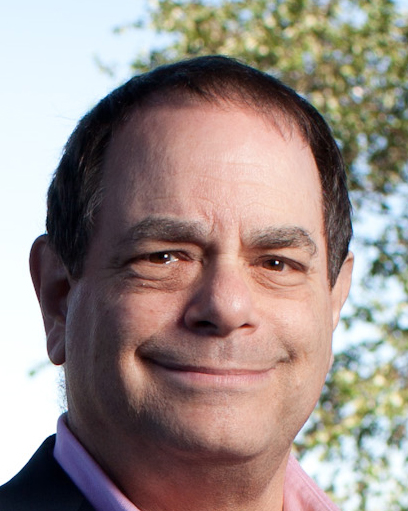If you feel confused about the world and where it’s going, you are not alone. At this moment in the early 21st century all of humanity is in a huge state of confusion — and stress — resulting from the accelerated rate of change our new technology has brought. Although we cannot, as individuals, control the pace of progress, understanding our confusion can help us calm down, make better decisions for ourselves and our children and set better goals for society.
We are all on a new frontier — not just in space, but here on Earth. Our world has become a place where it is no longer clear where old paths lead us, and where more and more new paths are opening up for us to take. Most find this new human frontier confusing and stressful. What road do I choose? What path do I set my children on? What is the best thing for me to do?
It helps, first, to get the lay of the new land. Most of the visible things in people’s day-to-day lives such as houses, communities, families, and schools still look pretty much the same. Most of the big changes — apart from the new devices in people’s hands — are happening below the surface in areas such as finance, communications and infrastructure. Stay alert to the hidden changes—don’t let the sameness on the surface blind you to the huge movement underneath. And be wary of using the past for advice and guidance. Previously, most people moved into pre-existing roles, and those with people to show them the way often did best. Now such prior experience counts far less — we have to each feel our own way without reliable guides and maps. That means looking into ourselves and inventing new routes.
There is, I believe, a positive way forward emerging through the changes. Humans will succeed in the future not by following any traditional paths (if we can still find them), but by creating new trajectories, developing and using the one-of-a-kind combination of dreams, concerns, strengths and passions that makes each of us unique. And there is now a new component to our human uniqueness — the unique way each of us integrates technology into our being as we become Human-Machine Hybrids.
In the past people often had to sublimate their individuality in order to repeat needed tasks. Going forward, repetition will be the role of machines, so it is time now for each of us to focus on our own uniqueness — including our unique ways of integrating technology into our lives. Our future lies in our ability to recognize our unique individuality and combine it into high-performing teams to get things done. We need to go beyond today’s emphasis on diversity — which is often about different cultures and groups — to harness the different and special qualities of each individual and team.
Education is the place to start. The bulk of today’s schools are still about sameness and conformity. As our kids see a different world emerge and wonder where they fit in, their lack of understanding about what they individually have to contribute is holding them back. Our education strategy needs to change from providing pre-defined curricula and skills — even 21st century skills — to all, to finding and focusing on each student’s uniqueness. Each student needs to understand how he or she can — in any situation — make his or her best individual and team contribution. The key educational task for our new frontier is helping all our kids identify, as early as possible, their own unique dreams, concerns, strengths, skills and passions, and then applying that uniqueness — in teams — to shape and better their world.


